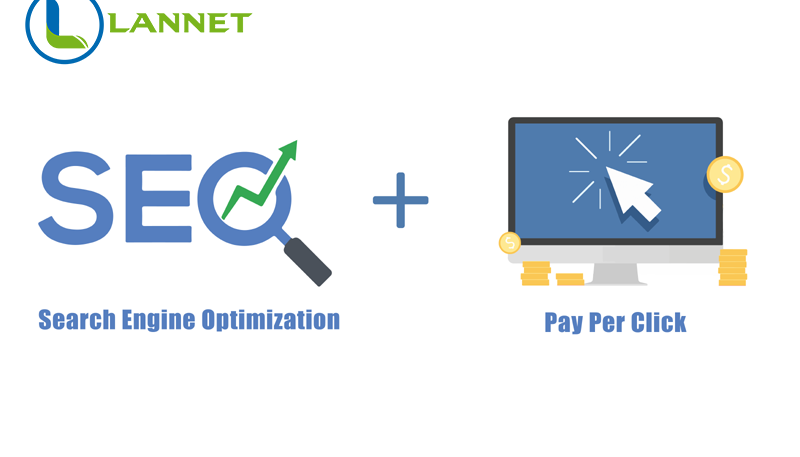Introduction
In the digital marketing landscape, businesses often grapple with the decision of where to allocate their resources for maximum online visibility and conversions. This blog explores the ongoing debate between Search Engine Optimization (SEO) and Pay-Per-Click (PPC) advertising. We’ll delve into the strengths and weaknesses of each approach, helping you make an informed choice for your marketing strategy.
1. SEO – The Organic Approach:
a. What is SEO?
SEO is a collection of strategies and techniques aimed at improving a website’s visibility in organic search results. It involves optimizing content, meta tags, site structure, and more to rank higher in search engine results pages (SERPs).
b. Advantages of SEO:
- Long-term Results: SEO efforts, when executed well, can yield sustainable results over time.
- Cost-Effective: Organic traffic from SEO doesn’t incur per-click charges.
- Trust and Credibility: High organic rankings can build trust with users.
c. Challenges of SEO:
- Time-Consuming: SEO requires ongoing efforts, and it can take months to see significant results.
- Uncertainty: Search engine algorithms change, affecting rankings.
- Competitive: Ranking on the first page for competitive keywords can be challenging.
2. PPC – The Paid Advertising Route:
a. What is PPC?
PPC is a digital advertising model where advertisers pay a fee each time their ad is clicked. It allows businesses to display ads prominently in search engine results and other digital platforms.
b. Advantages of PPC:
- Immediate Results: PPC campaigns can drive traffic and conversions quickly.
- Targeted Advertising: Precise audience targeting and ad customization.
- Control: Advertisers have control over budget, ad content, and timing.
c. Challenges of PPC:
- Cost: PPC can become expensive, especially for highly competitive keywords.
- Ongoing Expense: It requires a continuous budget to maintain ad visibility.
- Learning Curve: Effective PPC management demands expertise to maximize ROI.
3. When to Choose SEO:
a. Long-Term Strategy: If you’re looking for sustainable, long-term results and are willing to invest in building organic authority, SEO is your choice.
b. Limited Budget: SEO can be more cost-effective in the long run, especially if your budget is limited.
c. Content Focus: If content marketing is a core strategy, SEO complements it well by driving organic traffic to your content.
4. When to Choose PPC:
a. Quick Results: If you need immediate traffic and conversions, such as for a time-sensitive promotion, PPC is the way to go.
b. Targeted Campaigns: For highly specific audience targeting and reaching potential customers with precision, PPC excels.
c. E-commerce Sales: PPC is effective for e-commerce businesses looking to drive sales and increase revenue.




